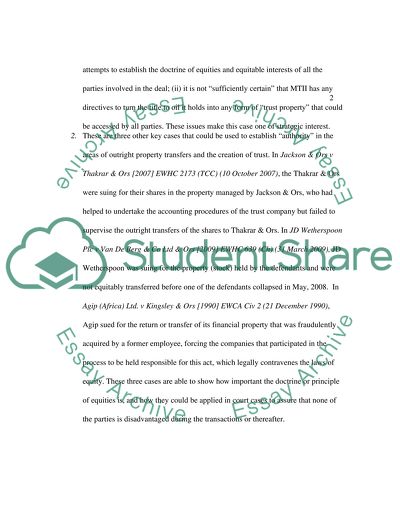Cite this document
(“Property law learning portfolio task( about equity and transfer of Essay”, n.d.)
Retrieved from https://studentshare.org/environmental-studies/1409002-property-law-learning-portfolio-task-about-equity
Retrieved from https://studentshare.org/environmental-studies/1409002-property-law-learning-portfolio-task-about-equity
(Property Law Learning Portfolio Task( about Equity and Transfer of Essay)
https://studentshare.org/environmental-studies/1409002-property-law-learning-portfolio-task-about-equity.
https://studentshare.org/environmental-studies/1409002-property-law-learning-portfolio-task-about-equity.
“Property Law Learning Portfolio Task( about Equity and Transfer of Essay”, n.d. https://studentshare.org/environmental-studies/1409002-property-law-learning-portfolio-task-about-equity.


